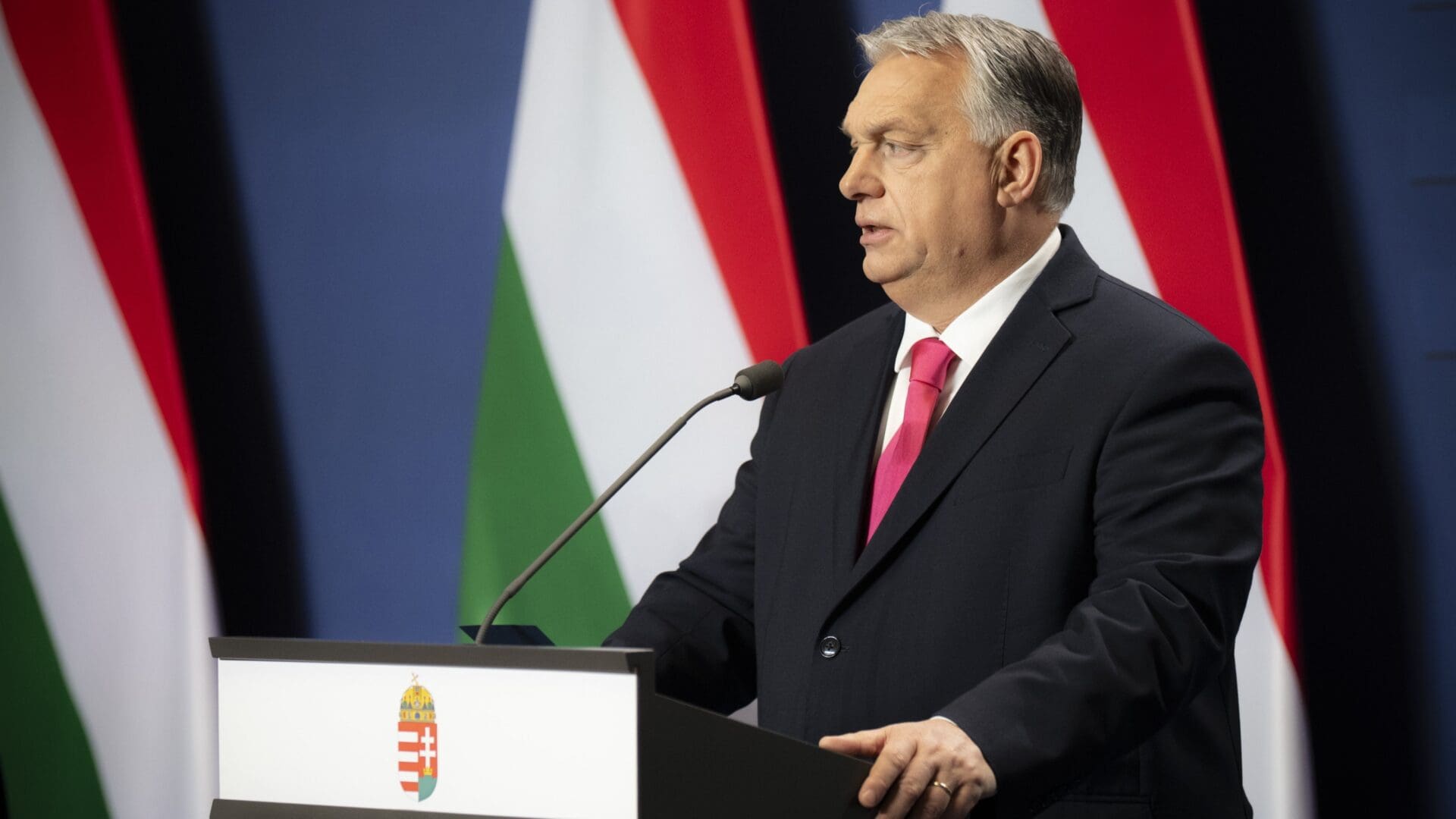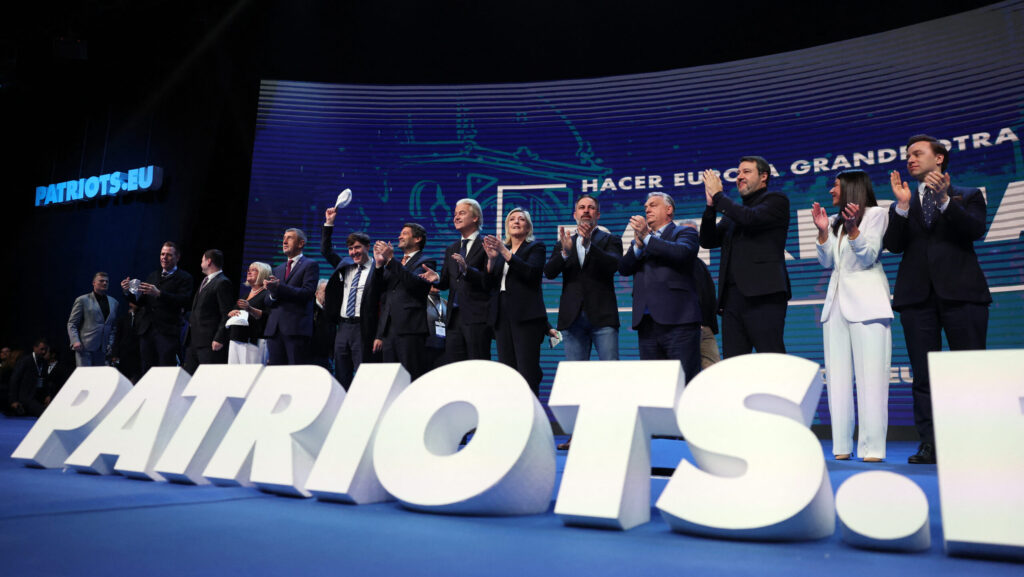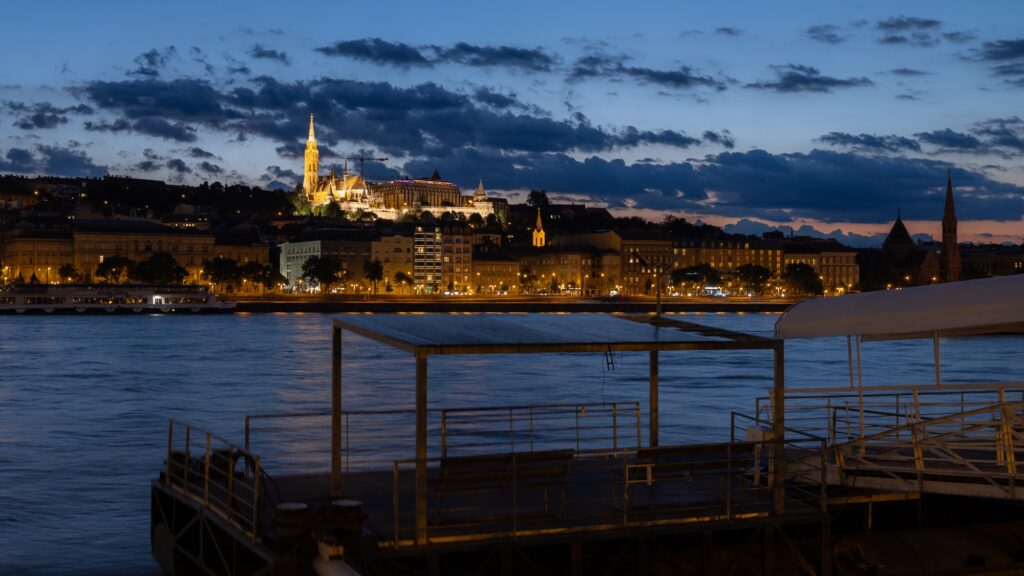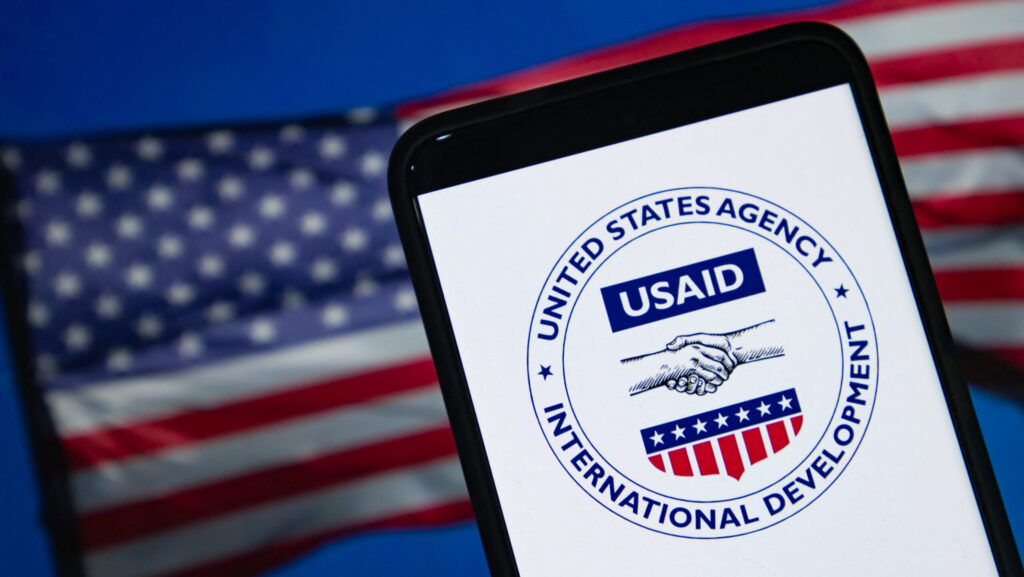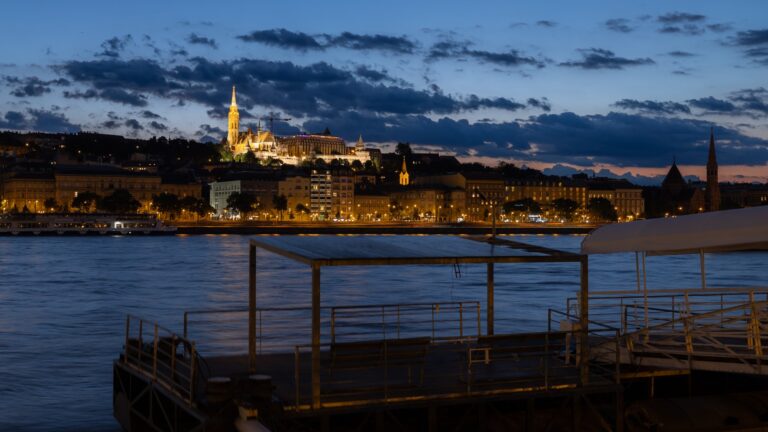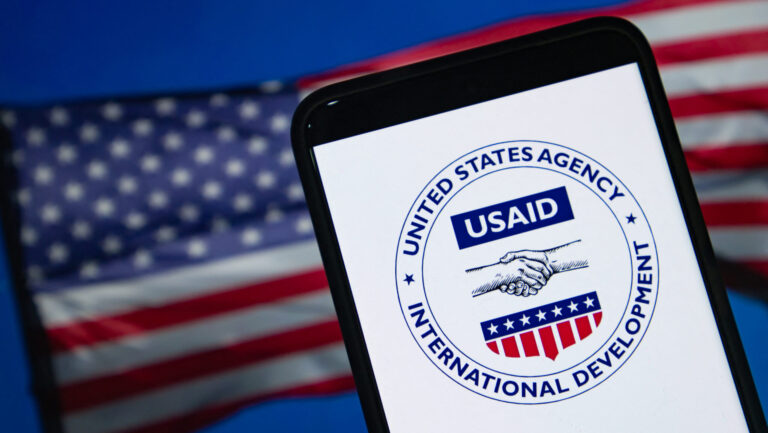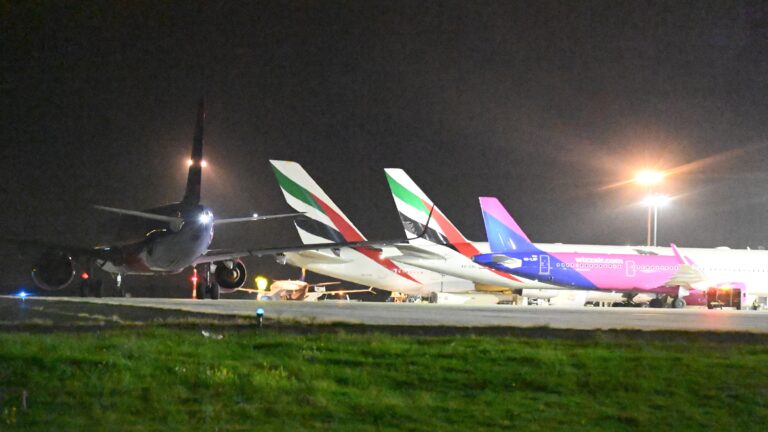The last ‘government info’ press briefing of the year took place at the Carmelite Monastery of Buda, the Hungarian Prime Minister’s primary workplace, in the Castle District of Budapest on Thursday, 21 December. Prime Minister Viktor Orbán himself attended the conference to evaluate and reflect on what his administration, and the country as a whole, went through this year.
PM Orbán opined that 2023 was a year of ‘great struggles’.
He pointed to five areas where the country had to fight through difficulties last year: the war in Ukraine, terrorism threat, inflation, migration, and Brussels.
As he put it, Hungary was aiming to stay out of war, stay away from the terror threat, curb inflation, stop migration, and come to an agreement with Brussels. After achieving varying degrees of success in these matters in 2023, the Prime Minister expressed his hope that in 2024, Hungarian families can be the focus of his administration’s ambitions again; as well as that 2024 could be the year of ‘great plans’, as opposed to the great struggles of the past year.
To make that a reality, the Orbán administration has already taken some steps. They have initiated the CSOK Plus housing aid scheme, which allows couples with children to access mortgages at discounted rates, or even cancel some of their mortgages. In addition, the government has also started a three-year salary increase programme for people working in public education (including kindergarten teachers), and has agreed with business owners on an increase of the minimum wage as well.
PM Orbán also spoke of the European Parliamentary elections taking place next year,
in which, as he put it, the main objective is to ‘open the eyes’ of the ‘blind’ Brussels bureaucrats to the everyday problems of an average European citizen.
Still on the topic of the European Union, the Prime Minister elaborated on why he decided to veto the €50 billion aid package to Ukraine at the recent EU Summit. As he explained, the Council was planning on taking out a common loan to fund the Ukrainian aid. However, Hungary’s experience with a common loan, which was also taken to fund the COVID recovery programme, has been very negative so far: the country is yet to see any money from those recovery funds. Thus, PM Orbán could not give his consent to any similar schemes; and he was against modifying the already-accepted EU budget as well. He went on to talk about another contentious issue of the EU: the frozen funds due to Hungary.
Viktor Orbán pointed out that blackmail against Hungary is not an accusation, ‘it’s a fact’.
He highlighted the letter liberal MEPs sent to EU Commission President Ursula von der Leyen, in which they stated that if Hungary gets any of its EU funds from the Commission, they would remove her from her position.
In response to a journalist’s question, PM Orbán stated that, despite what some media outlets like to write, there is no Turkish-Hungarian agreement on the approving of Sweden’s NATO accession. Whether or not Hungary would give its consent is the sole discretion of the National Assembly in Budapest. However, as of now, they do not seem to ‘have the stomach to do so’. That is because, the day after the House approved Finland’s NATO bid, the Finnish government decided to sue Hungary in the EU Court of Justice…
PM Orbán was also asked if, as a staunch defender of national sovereignty, he would support Ukraine’s EU or NATO accession if the Ukrainian people were to choose to pursue that through their own sovereign will. To this, he replied:
‘Evidently, we view sovereignty as an absolute virtue. However, we will not consent to any decision that would drag Hungary into a war. We do not want to belong to an alliance with a country that is currently waging bloody wars on its eastern border. Because in that case, we too would be involved in the war. We base that on the interest of the Hungarians, not an opposition to the Ukrainians. It is not in the interest of Hungarians to be in a military alliance with any country that, after being invaded, is in open war with another country.’
Still on the topic of the Russo-Ukrainian war, a reporter on the scene asked if the Prime Minister asked Russian President Vladimir Putin if he was ready to stop his invasion of Ukraine during their bilateral meeting in Beijing, China this October. To this, Viktor Orbán replied that he was cautious to use an appropriate tone when talking to the leader of the Russian people, something the reporter from the opposition media RTL TV network failed to do. Later, he elaborated that he in fact had asked President Putin if he was ready to start peace negotiations with the Ukrainians. Alas, as the ensuing military events attest, he was not.
Orbán Viktor on Twitter: “#Ukraine is not ready for EU membership. Luckily we will have many opportunities to correct the decision made yesterday. pic.twitter.com/OLmK25DeQY / Twitter”
Ukraine is not ready for EU membership. Luckily we will have many opportunities to correct the decision made yesterday. pic.twitter.com/OLmK25DeQY
PM Orbán continued to come under scrutiny from opposition journalists for his meeting with Putin. Some held against him the fact that he used the term ‘special military operation,’ Putin’s preferred nomenclature to describe the conflict, as opposed to ‘war’. Orbán retorted that it is technically not a war, as Russia has not officially declared war on Ukraine so far, and they are not in full mobilization either. However, he still uses the term ‘war’ in the context of the Russo-Ukrainian conflict despite that. As he pointed out, he does so frequently, but on occasions when it is not inappropriate.
The Prime Minister also lauded the efforts of the Hungarian Chamber of Doctors to rid the health care system of so-called ‘gratuity payments’
—something that was previously thought to be an impossible task, yet, as one of the great achievements of 2023, it has been accomplished. He also praised the year-round work of the border patrol agents. As he pointed out, the military had to be withdrawn from the Southern border to conduct exercises in preparation for a conflict. With that, 2,000 new border patrol agents were recruited, who are working hard to hold the line, despite the migrants getting more and more aggressive in their efforts to cross the border illegally.
Related articles:

